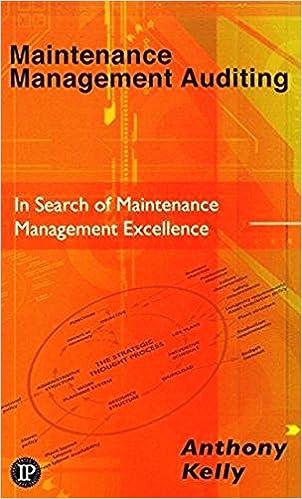Question
You are a tax manager in Kabras and Associates, a firm of Certified Public Accountants (CPAs) specializing in tax consultancy. Your firm has recently been
You are a tax manager in Kabras and Associates, a firm of Certified Public Accountants (CPAs) specializing in tax consultancy. Your firm has recently been approached by two clients; Mr. Ashat Sharif and Mr. Popat Patel who are both citizens and residents of India. They wish to jointly invest in the sugar processing industry in Western Kenya. In your discussion with the two clients, they identified the following issues for which they sought your professional advice: The investment could either be operated in the form of a partnership or a registered private limited company. In the case of a company, it could either be registered in India (and operate in Kenya as a branch) or be registered in Kenya. Mr. Sharif and Mr. Patel would be able to raise half of the capital required to commence operations. The balance of the capital could be raised either through debt or issue of shares to other investors (in the case of the company). Both Mr. Sharif and Mr. Patel agree that any additional capital would be raised in Kenya. The sugar processing facilities could be acquired in either of the following ways: Purchase land in the sugar growing belt, construct a factory and install processing machinery. Purchase an idle sugar processing plant, remove the factory building and recondition the processing machinery. In this connection, Mr. Sharif and Mr. Patel had identified a processing plant for possible acquisition. This plant had stalled in 1991 after being in operation for fifteen years. In order to attract and maintain qualified staff, the business entity would offer the following terms of employment, among others: Payment of annual bonuses Participation in employee share ownership schemes (in the case of a company) Access to loans at below-market interest rates. Medical insurance for all staff. Payment of school fees for employees and their dependants. Employees who would not be subject to tax at the rate of more than 20% on their income would be provided with free meals within the factory premises. Processed sugar would be sold entirely in the Kenyan market in the first three years of operation. After this period, the business entity would expand sales to either of the following markets: COMESA member countries East Africa Community member countries Non-COMESA member countries In the case of a company being registered in Kenya, it would seek to be listed on the stock exchange after the first five years of operation. Required: Arising from the above; Highlight the objectives of the East African Community customs union Explain the Rules of Origin Provisions Under East African Community Explain the tax Anti-Avoidance Provisions Under the Income Tax Act With reference to the Income Tax Act (Cap.470) and Customs and Excise Act (Cap.472), advise Mr. Sharif and Mr. Patel on the tax treatment and implication (if any) of each of the issues raised above on their investment. Note: Your answer should be based on the tax rules, regulations and rates applicable for year 2014. The acts links (http://extwprlegs1.fao.org/docs/pdf/ken23374.pdf and http://www.kra.go.ke/incometax/pdf/Incometaxact.pdf
Step by Step Solution
There are 3 Steps involved in it
Step: 1

Get Instant Access to Expert-Tailored Solutions
See step-by-step solutions with expert insights and AI powered tools for academic success
Step: 2

Step: 3

Ace Your Homework with AI
Get the answers you need in no time with our AI-driven, step-by-step assistance
Get Started


